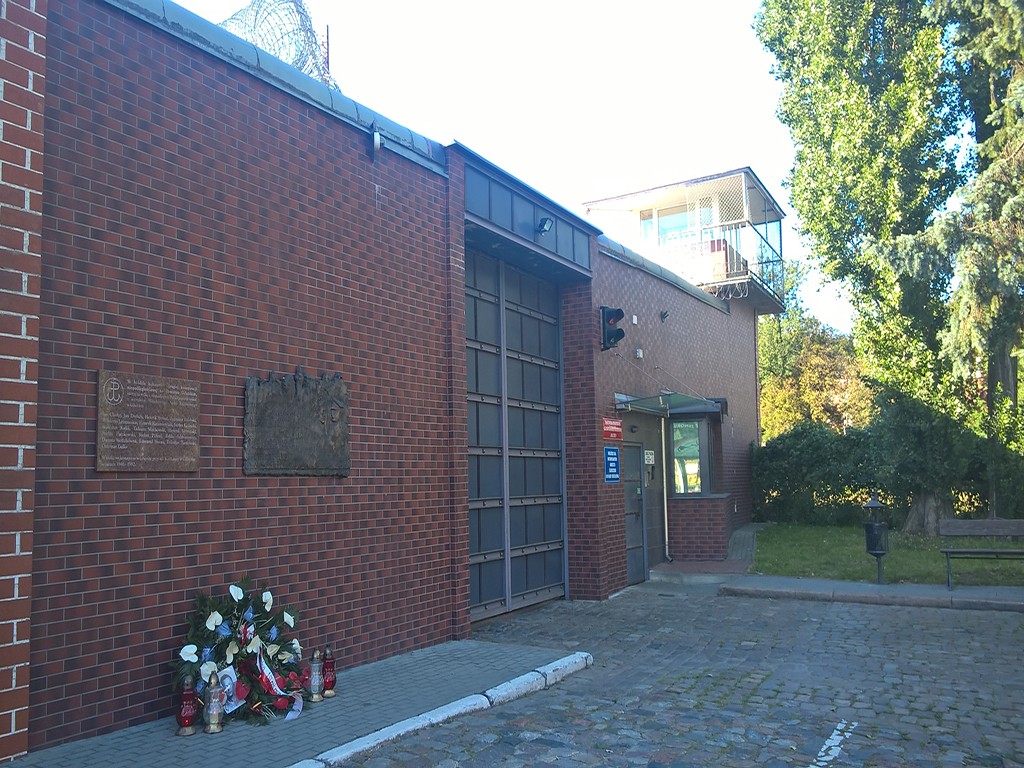The City Prison at Kurkowa Street in Gdansk was established in 1851, as an appendage to the City Courthouse. Between 1900-1910 the building was expanded to house up to a thousand prisoners, mostly criminals. During the First World War some political prisoners were incarcerated in the City Prison, including the Polish military officer, statesman and freedom fighter, Józef Piłsudski.
In 1933 the local Nazi Party took over the City’s government. The German majority in Gdansk resented the Polish minority and their democratic opposition, and due to Nazification many democrats ended up in the City Prison. After the German invasion of Poland on 1 September 1939, over 800 Polish people from Gdansk and Pomerania were incarcerated in the Prison, and often severely maltreated. The prison became one of the staging areas for Polish people who had been preselected by the German powers to be executed in places like Piasnica and Szpegawsk. Overall, over 29 000 people served time in the City Prison during the war; 500 of them were executed or died of mistreatment.
After 1945 the prison was taken over by the Polish Communist security services. Among the prisoners were war criminals like the Gauleiter of Gdansk, Albert Forster, the guards of the Stutthof concentration camp, like Jenny-Wanda Barkmann, as well as members of the Polish anti-communist resistance. Some of these were executed in the Prison, including Danuta Siedzikówna, alias ‘Inka’. The Communist political police retained ownership of one of the prison blocks until its disbandment in 1989. Commemorative plaques were placed on the prison wall, documenting the historical events and the names of persons who were incarcerated.
Nowadays, the prison is not opened for the public. The commemorative plaques are located on the eastern wall, along the 3 Maja Street.
